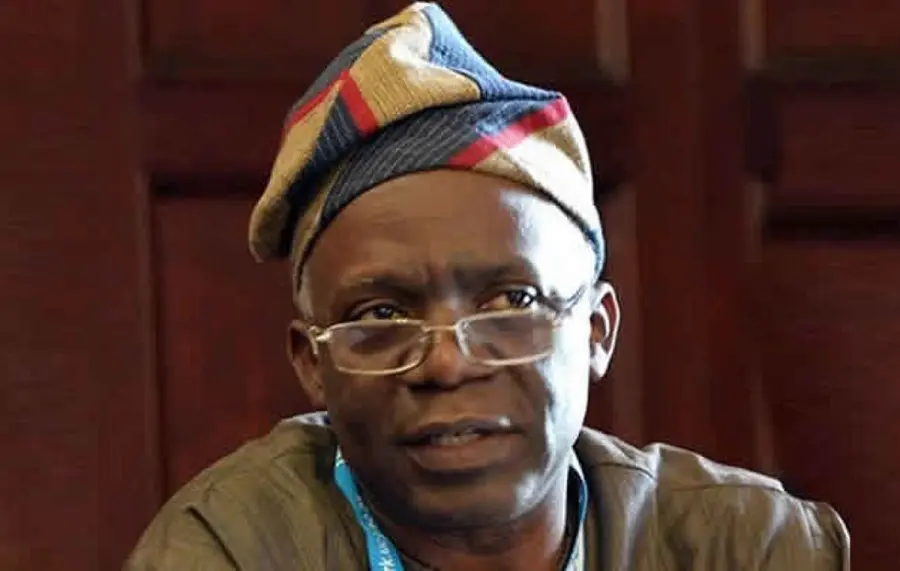Human rights lawyer Femi Falana emphasized the permanence of the Economic and Financial Crimes Commission (EFCC) and the Independent Corrupt Practices and Other Related Offences Commission (ICPC), stating they are here to stay despite controversial calls for the EFCC’s scrapping.
Sixteen governors from various states have filed a lawsuit challenging the legality of the laws establishing the EFCC, with the Supreme Court scheduled to hear the case on October 22.
These governors, including those from Kogi, Ondo, Edo, Oyo, Ogun, Nassarawa, Kebbi, Katsina, Sokoto, Jigawa, Enugu, Benue, Anambra, Plateau, Cross River, and Niger, argue that any law inconsistent with the constitution should be null and void, relying on the constitution as the supreme law of the land.
The 16 states are relying on the fact that the constitution is the supreme law and that any law that is inconsistent with it is null and void.
However, Falana, who appeared on Channels Television’s Sunday Politics, advised the states that rather than challenging the legality of EFCC, they should seek measures to ensure that the agency is not under the government’s control.
“For me, the ICPC and the EFCC like the Code of Conduct Tribunal, have come to stay. What we should be demanding are measures to make these institutions autonomous, not under the control of any government,” Falana said on the programme.
“And the Supreme Court has maintained rather repeatedly concerning the EFCC and EFCC; that these are common, they shouldn’t be under the control of the Federal Government.”
“They are common agencies to fight economic crimes in our country, to fight financial crimes in our country, to fight corruption in our country.”




